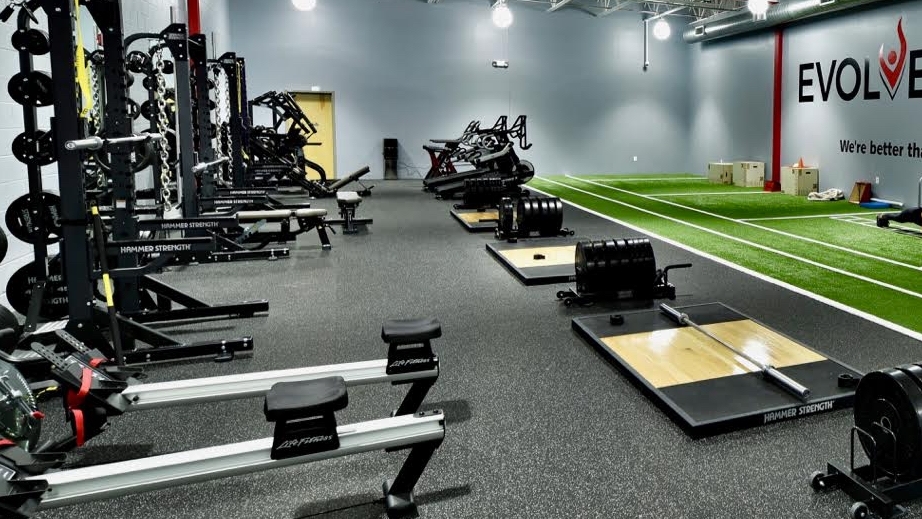Hey, guys, it’s Daniel Stein, the owner and founder of Special Strong and Strong Education. During the process of creating a special needs training certification, I had to sort of be the first personal trainer to “take” the course. Here are 7 lessons I learned after getting my special needs training certification.
Lesson #1: Not All Special Needs Courses Offer the Same Benefits
I became passionate about teaching personal trainers how to work with special needs clients for the same reason I became passionate about special needs fitness in the first place. Very few people understand the positive impact on exercise for those with disabilities, and even fewer people know how to work with individuals with special needs in a fitness setting. During my research to create (and get certified in) my own special needs training certification, I discovered that the few specialized certifications available offered either training on just intellectual disabilities or just physical disabilities, but not both. During my training, I discovered there was a need for an umbrella special needs certification.
Lesson #2: Special Needs Exercise Programs Are Hard to Come By
The few people who are passionate about making fitness accessible to all are focused on working with day habilitation centers for adults with special needs. These exercise routines are often designs for groups and are baseline regressive, meaning that anyone can do them. That’s great for those with very limited mobility and cognitive understanding, but what about the ones who are more independent? I learned that adaptable fitness routines were needed.
Lesson #3: Certified Special Needs Fitness Trainers Are Even Rarer
While there may be personal trainers with a desire to work with special needs clients (just like you and me!), there are far fewer trainers with are certified to work with individuals with disabilities. After creating and get certified in my own special needs training certification, I learned that it gave me an advantage.
Lesson #4: Adult Special Needs Gyms Are Practically Nonexistent
While there are some sensory gyms available for children with sensory sensitivity and rehabilitation centers, there are nearly no special needs gyms. I learned that it was important for me to carve out a space in the health community in which my special needs clients could fit.
Lesson #5: You Should Never Assume Your Client’s Ability Level
Since becoming certified to work with special needs clients, I’ve learned that every single one of my clients will surprise me. Just when I think I’ve got a client figured out, they go above and beyond in the adapted exercise I’ve instructed them to do. What’s more: I’ve learned, thanks to my new understanding of neuroplasticity, that even the baseline of cognitive ability for my clients will grow just as their strength and endurance will after successfully completing an exercise routine.
Lesson #6: You Should Talk to Your Client and Their Caregiver
While some of my industry peers have made the mistake of speaking exclusively to their client’s caregiver, I have been guilty of forgetting to engage my clients’ guardians. Wanting to encourage independence and confidence in my clients, I didn’t see the importance in talking to them, besides the usual polite greetings. However, I learned that my clients’ caregivers can provide tremendous insight into their progress.
Lesson #7: Even the Best of Us Have Bad Days
Even your star athletes and best-behaved clients are going to have bad days. As much as you try to account for possible distractions, a trigger can come up that you won’t anticipate and cause a meltdown. Don’t get discouraged! Your client’s bad days don’t have to become your bad days. It’s important for you to accept your client as they are while simultaneously believing in their ability to meet their fitness goals.
Good luck out there!
Strong Education teaches personal trainers, parents, and professionals how to adapt fitness for children, adolescents, and adults with autism, Down Syndrome, and other disabilities through our online special needs certification course.
If you are a person with a disability or with special needs and is looking for work? Check out APM Disability Employment Services today.


